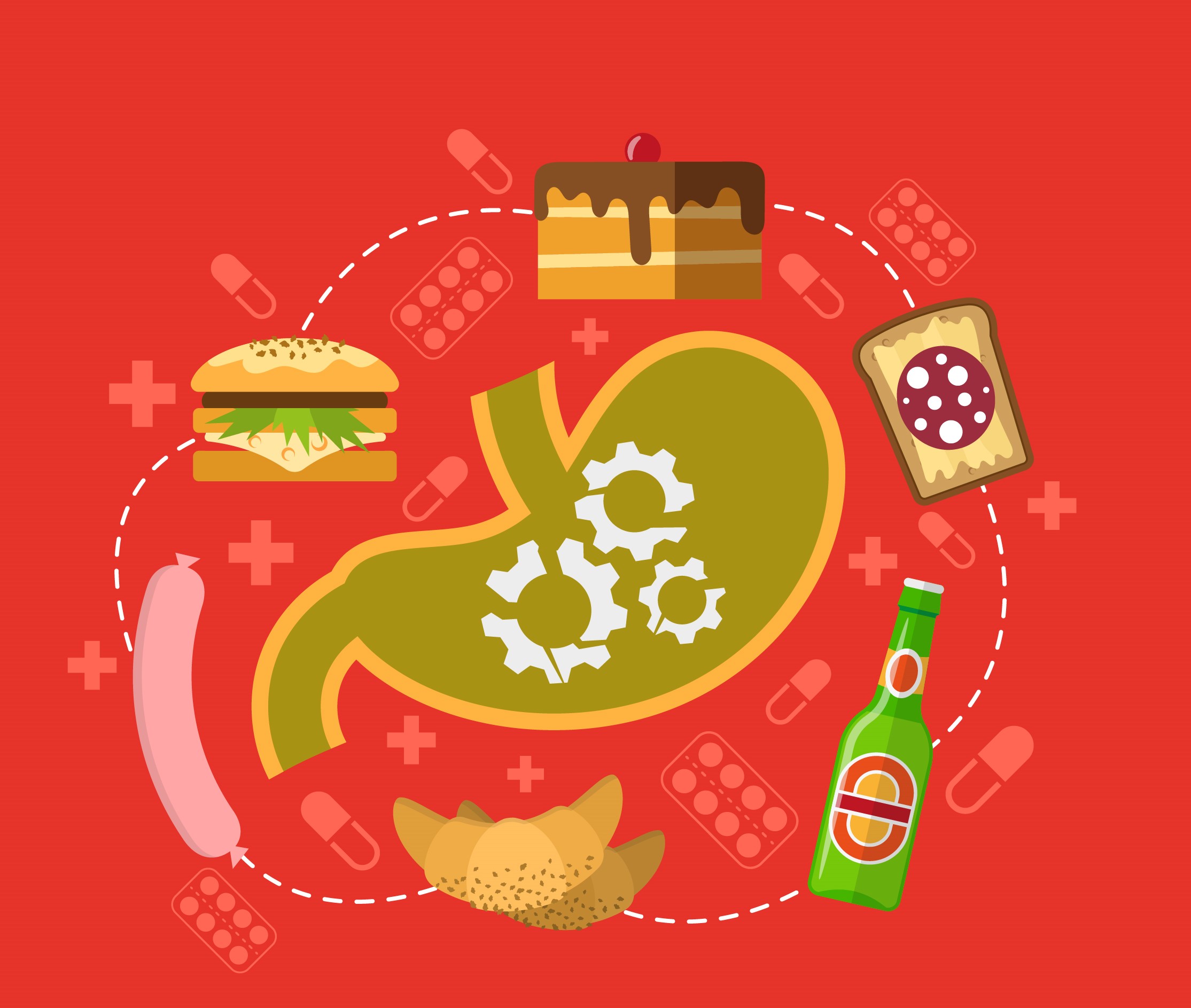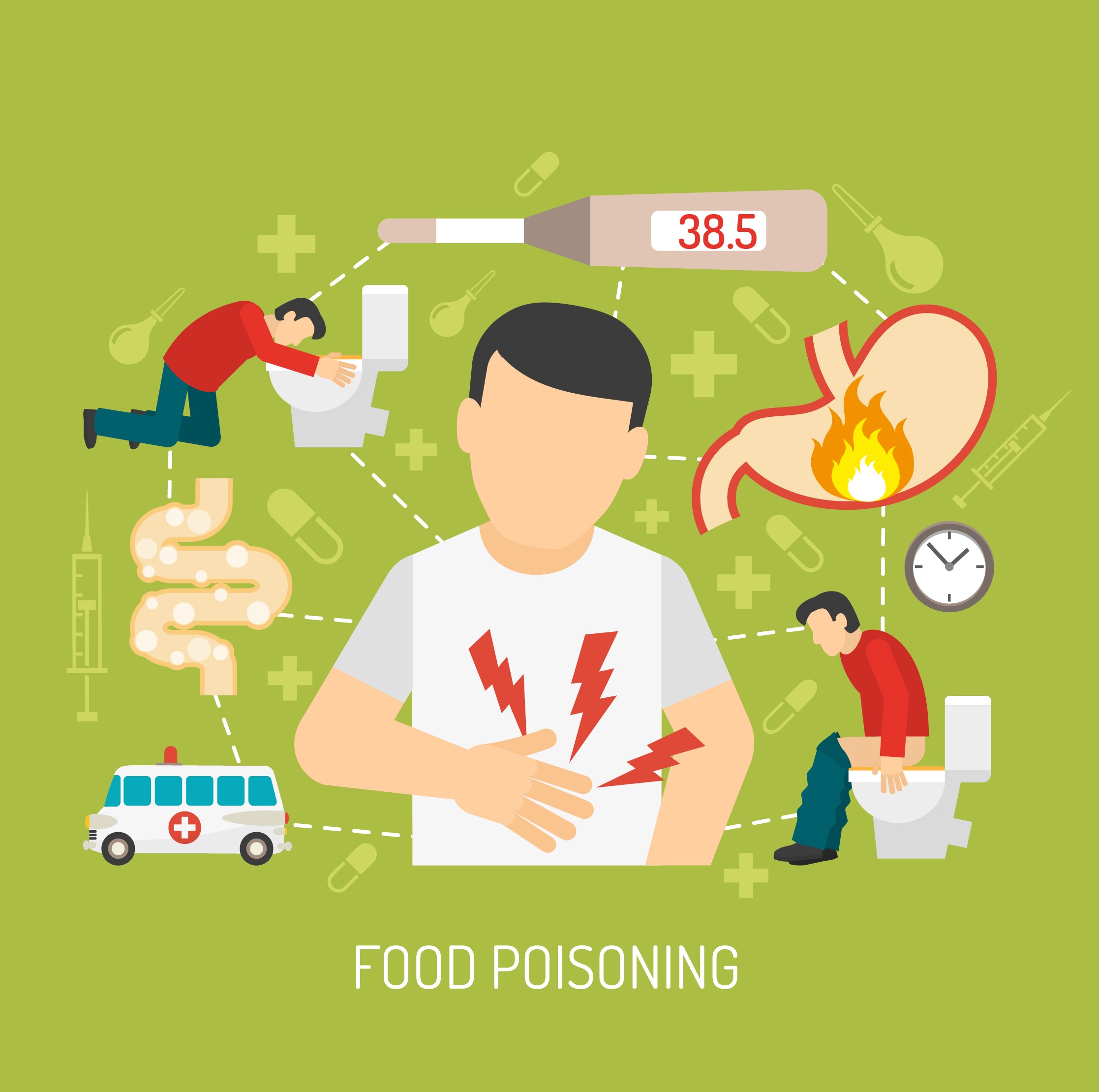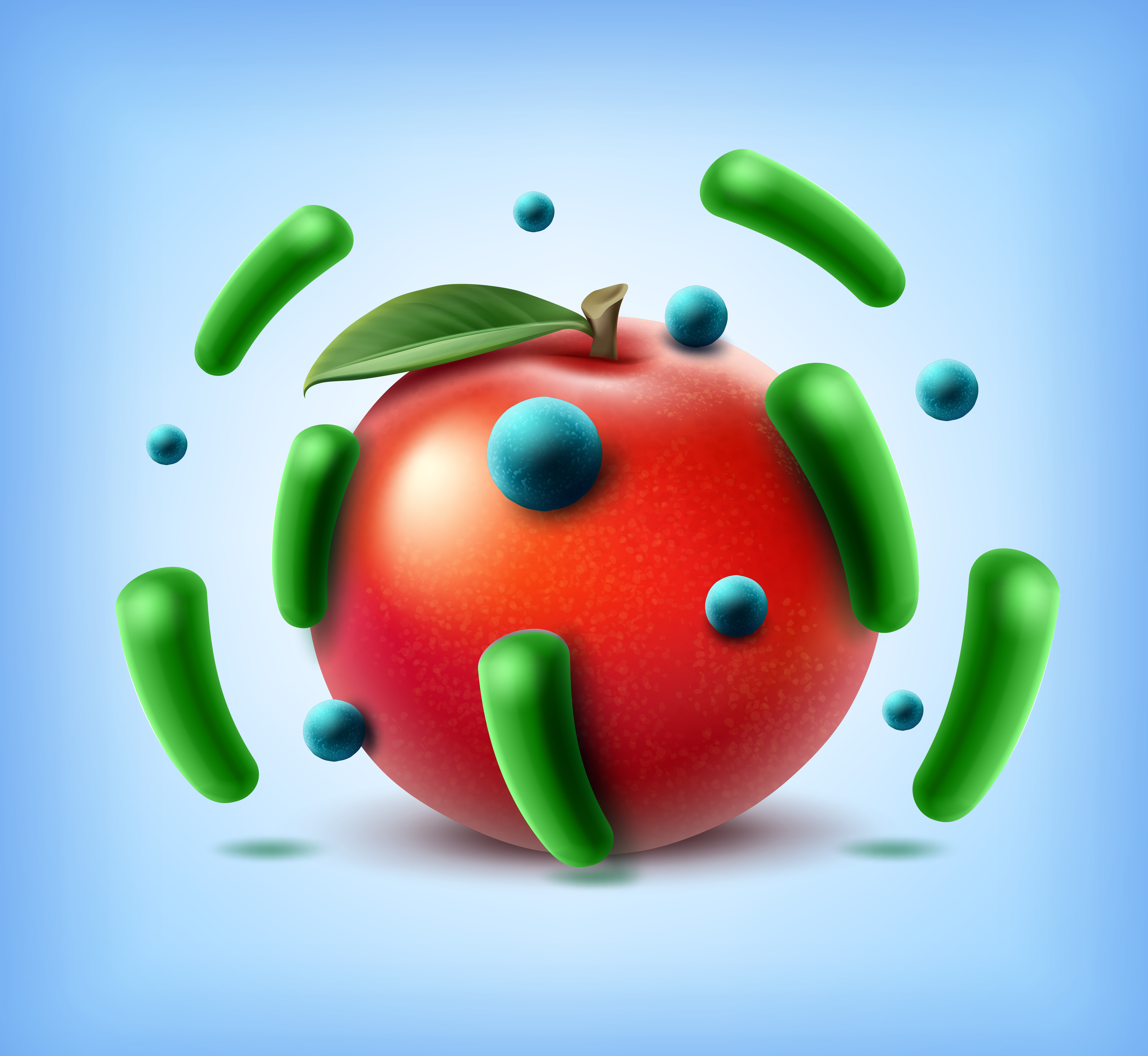
For your satisfaction and suggestions
İGÜMER

 What are the factors that lead to food-borne diseases/poisoning?
What are the factors that lead to food-borne diseases/poisoning? What are the ways of transmission?
What are the ways of transmission? For protection from food poisoning;
For protection from food poisoning;© Copyright 2022 Istanbul Gelisim University All Rights Reserved.